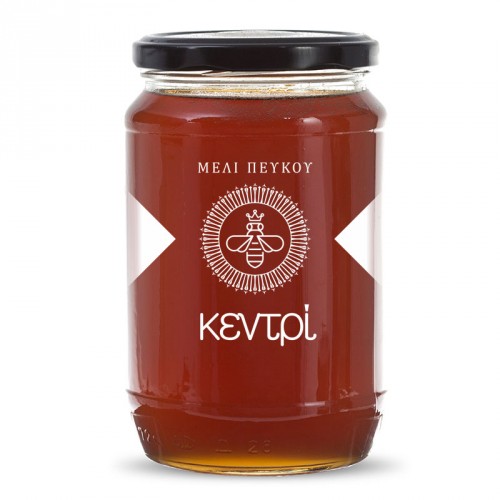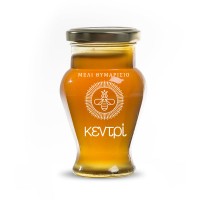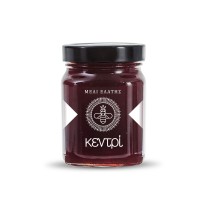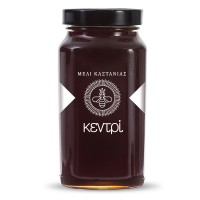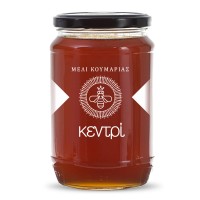
Το πευκόμελο είναι μέλι υψηλής θρεπτικής αξίας και αυτό οφείλεται κυρίως στο μεγάλο αριθμό διαφορετικών ουσιών που υπάρχουν στη σύστασή του. Από τις ουσίες αυτές επικρατούν τα μέταλλα και τα ιχνοστοιχεία (ασβέστιο, μαγνήσιο, ψευδάργυρος, σίδηρος, χαλκός κλπ.), τα οποία βρίσκονται σε μεγάλες συγκεντρώσεις στα ελληνικά πευκόμελα.
Οι μελισσοκόμοι μας με τη μεγαλύτερη φροντίδα και προσοχή, παρακολουθούν και διατηρούν όλο το χρόνο τα μελισσοσμήνη υγιή και εύρωστα, ώστε αυτά να είναι σε θέση να συλλέγουν την καλύτερη δυνατή πρώτη ύλη, και να την επεξεργάζονται μέσα στην κυψέλη, κάτω από τις ευνοϊκότερες συνθήκες. Στη συνέχεια οι ποσότητες του μελιού και των άλλων προϊόντων, μεταφέρονται σε πρότυπες εγκαταστάσεις, όπου χωρίς την αφαίρεση συστατικών ή την προσθήκη ξένων ουσιών, χωρίς θερμική επεξεργασία, που να καταστρέφει τα φυσικά ένζυμα, την βακτηριοστατική τους ιδιότητα και τις βιταμίνες και χωρίς άλλες επεμβάσεις και αναμείξεις, συσκευάζονται σύμφωνα με τις τελευταίες προδιαγραφές της υγιεινής και ασφάλειας, ώστε να διατηρούν αναλλοίωτα τα φυσικά τους χαρακτηριστικά, τις θρεπτικές τους ιδιότητες και την εξαιρετική τους ποιότητα. Το δικό μας μέλι, σε κάθε παρτίδα, υπόκειται σε αυστηρούς εργαστηριακούς ελέγχους για την αποφυγή ύπαρξης αντιβιοτικών και άλλων ακατάλληλων ουσιών.
Συμπερασματικά, το μέλι σαν γλυκαντική ουσία φέρει σημαντικά πλεονεκτήματα σε σχέση με τη ζάχαρη και οφείλουμε να το εισάγουμε στη διατροφή μας σαν υποκατάστατο αυτής. Χρησιμοποιείστε λοιπόν το μέλι όσο περισσότερο μπορείτε και μειώστε την καθημερινή κατανάλωση ζάχαρης στο ελάχιστο. Επιπλέον, τα αρώματα που υπάρχουν στο πευκόμελο της ελληνικής φύσης, μπορούν να διεγείρουν τις αισθήσεις και του πιο απαιτητικού καταναλωτή.
Εποχή: Μάιος & από Αύγουστο μέχρι Οκτώβριο
Άρωμα: Iδιαίτερο
Γεύση: όχι ιδιαίτερα γλυκό λόγω χαμηλής περιεκτικότητας σακχάρων
Χρώμα: ελαφρώς σκούρο, ωστόσο το φθινοπωρινό είναι πιο ανοιχτόχρωμο.
Κρυστάλλωση: η κρυστάλλωση του γίνετε με αργό ρυθμό, παραμένει ρευστό περισσότερο από ένα χρόνο.
Θρεπτική αξία: τα πευκόμελα περιέχουν μέταλλα & ιχνοστοιχεία όπως ασβέστιο, μαγνήσιο, ψευδάργυρο, σίδηρο, χαλκό κλπ.

